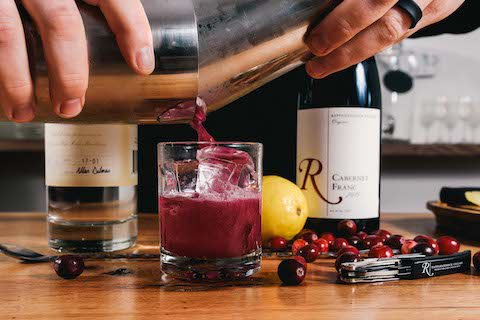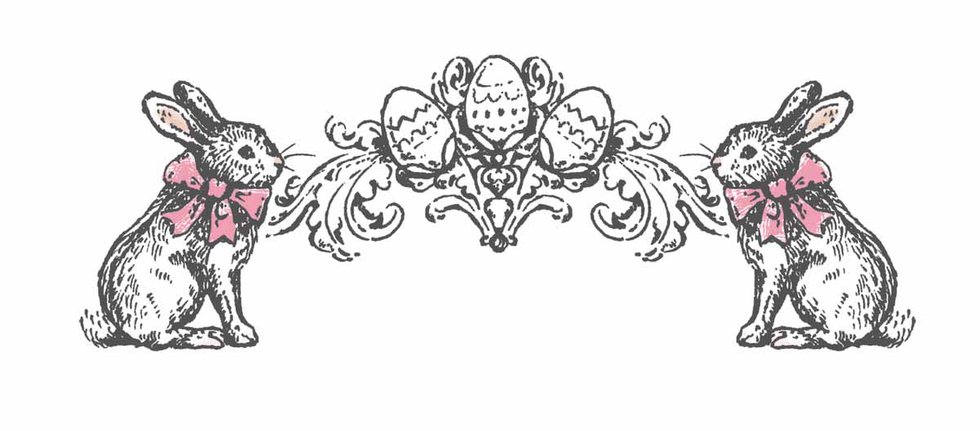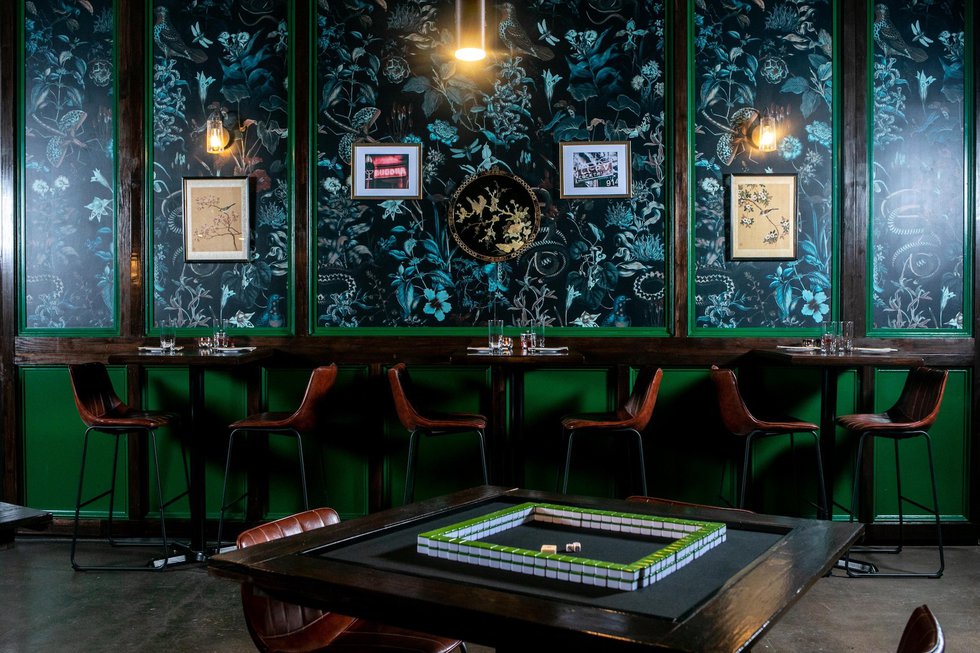
Vodka cranberry with Rappahannock Cellars Cabernet Franc at Dida’s Distillery.
Hybrid craft alcohol destinations are on the rise across the Commonwealth.
Winemaking and distilling have been linked for hundreds of years—as have brewing and distilling—but until recently, you seldom saw a local winemaker or craft brewer branch out into spirits. Over the past couple of years, though, a growing number of Virginia makers have married different types of beverages at one destination, leveraging the overlap in alcohol laws, technology, and equipment.
“Any forward-looking business should try to diversify and maximize their investments,” says Allan Delmare of Dida’s Distillery at Rappahannock Cellars in Huntly. Delmare, who started as a winemaker, first looked at branching out six years ago. “We saw a massive expansion in Virginia’s wine industry,” he says. As a result, tasting rooms became destinations for wine afficianados. “Knowing that people can only visit a couple of places in a daytrip, how do you ensure you are on their shortlist? You have to make sure you offer something for everyone,” Delmare says.
But he scrapped his initial plan to add a brewery. “We realized that they are both fermenting, but with different processes that require different pieces of equipment,” he says. Instead, Delmare decided to process his wine further and distill brandy. “In order to make a good brandy, you have to make a good wine. That’s a very natural transition and expansion,” he says.
Ryan Kearney of Old House Vineyards in Culpeper also noticed that the last three years have seen more alcohol pairings in Virginia—wineries and breweries, distilleries and wineries, breweries and distilleries. “There is natural overlap in production and the backgrounds and experiences that a winemaker, distiller, or brewer needs to be successful. There are also more consumers who are interested in all three,” he says. Kearney first opened a distillery tasting room at the vineyard five years ago in response to a shortage of Virginia distilleries that were able to assist in the production of fortified wines. A little over one year ago, they added a brewery, almost doubling their traffic from the two years prior. “Becoming Virginia’s first winery, distillery, and brewery was not so much a long-term strategy, but a much more gradual evolution,” Kearney says.
A growing number of Virginia beverage makers are following this example. To name just a few, Notaviva Craft Fermentations in Hillsboro produces wine and beer; Caiseal in Hampton and Great Valley Farm Brewery in Natural Bridge both do beer and spirits; and Hillsborough Winery, Brewery & Vineyard opened their brewery in 2018.
And while some may be worried about a crowded market, Delmare sees competition as a plus. “What’s better for our neighbors is better for us. If visitors have a great experience with Virginia wines, more people will come,” he says.
This article originally appeared in our October 2020 issue.









